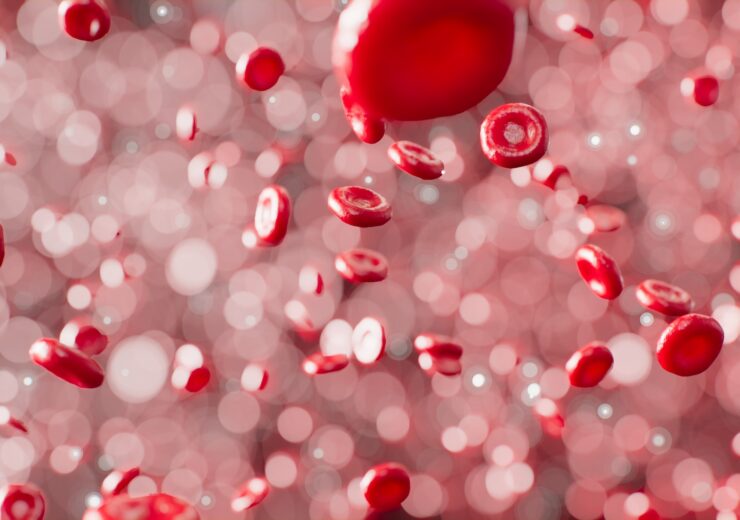This is the third Breakthrough Device Designation granted by the FDA to SeaStar Medical for the SCD device, and is expected to expedite the clinical development and regulatory review of the SCD for use in this patient population

Hyperinflammation is the overproduction or overactivity of inflammatory cells that can lead to damage of vital organs. (Credit: ANIRUDH on Unsplash)
SeaStar Medical Holding Corporation (Nasdaq: ICU), a medical device company developing proprietary solutions to reduce the consequences of hyperinflammation on vital organs, announces receipt of U.S. Food and Drug Administration (FDA) Breakthrough Device Designation for its patented, first-in-class, cell-directed Selective Cytopheretic Device (SCD) for use with patients in the hospital intensive care unit (ICU) with acute kidney injury (AKI) and acute on chronic liver failure. This is the third Breakthrough Device Designation granted by the FDA to SeaStar Medical for the SCD device, and is expected to expedite the clinical development and regulatory review of the SCD for use in this patient population.
“Hepatorenal syndrome is characterized by an abrupt deterioration of kidney function, driven by a hyperinflammatory process in people with advanced liver cirrhosis, and is associated with an unacceptably high mortality,” said Kevin Chung, MD, Chief Medical Officer of SeaStar Medical. “Based on our observations to date, the SCD may play a critical role in allowing the kidneys to recover such that these patients might become candidates for a life-saving liver transplant.”
Without treatment, the prognosis for patients with hepatorenal syndrome is poor with most dying within weeks of the onset of renal failure. In fact, the mortality rate for patients with severe acute on chronic liver failure with four or more organ failures at 28 days is 100%. Approximately 700,000 cases of heptorenal syndrome are reported in the U.S. annually. In 2019 the economic burden for hepatorenal syndrome hospitalization was estimated at $4.2 billion.
An investigator-initiated pilot study conducted at the University of Michigan assessed treatment with the SCD in two patients with type 1 hepatorenal syndrome. Positive clinical outcomes were seen in both cases – one patient with hepatorenal syndrome due to acute alcoholic hepatitis was alive at day 90 after seven days of SCD treatment and undergoing liver transplantation evaluation, and the other patient with hepatorenal syndrome due to non-alcoholic steatohepatitis or NASH had a successful liver transplantation 6 days after SCD therapy ended. This suggested a role of SCD immunomodulation to treat acute on chronic liver failure, regardless of the etiology, as a bridge to evaluation or successful intervention for liver transplantation. Both of these cases were recently published in the American Society for Artificial Internal Organs Journal in August of this year (Yessayan et al., 2023., doi: 10.1097/MAT.0000000000002033).
“We are grateful for FDA’s decision to award Breakthrough Device Designation to the SCD in hepatorenal syndrome, which follows similar awards for adult AKI in 2022 and for cardiorenal syndrome last month,” said Eric Schlorff, SeaStar Medical CEO. “The SCD now has three Breakthrough Device Designations in total granted by the FDA’s Center for Biologics Evaluation and Research (CBER). We view this award as further validation of the potential life-saving approach of targeting dysregulated immune responses. In addition to hepatorenal syndrome, the SCD has shown the potential to improve solid organ function in a variety of preclinical and clinical studies, including sepsis, AKI, cardiorenal syndrome and COVID-19, among other conditions. We expect the ongoing pilot study at the University of Michigan to provide valuable insight into the design and execution of the pivotal study in this indication.”
Source: Company Press Release
